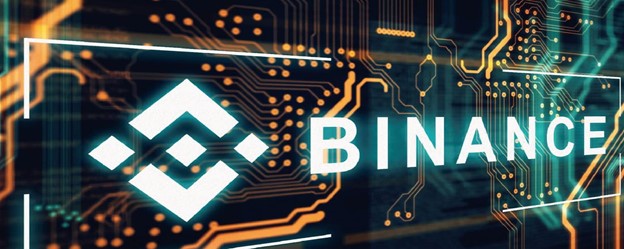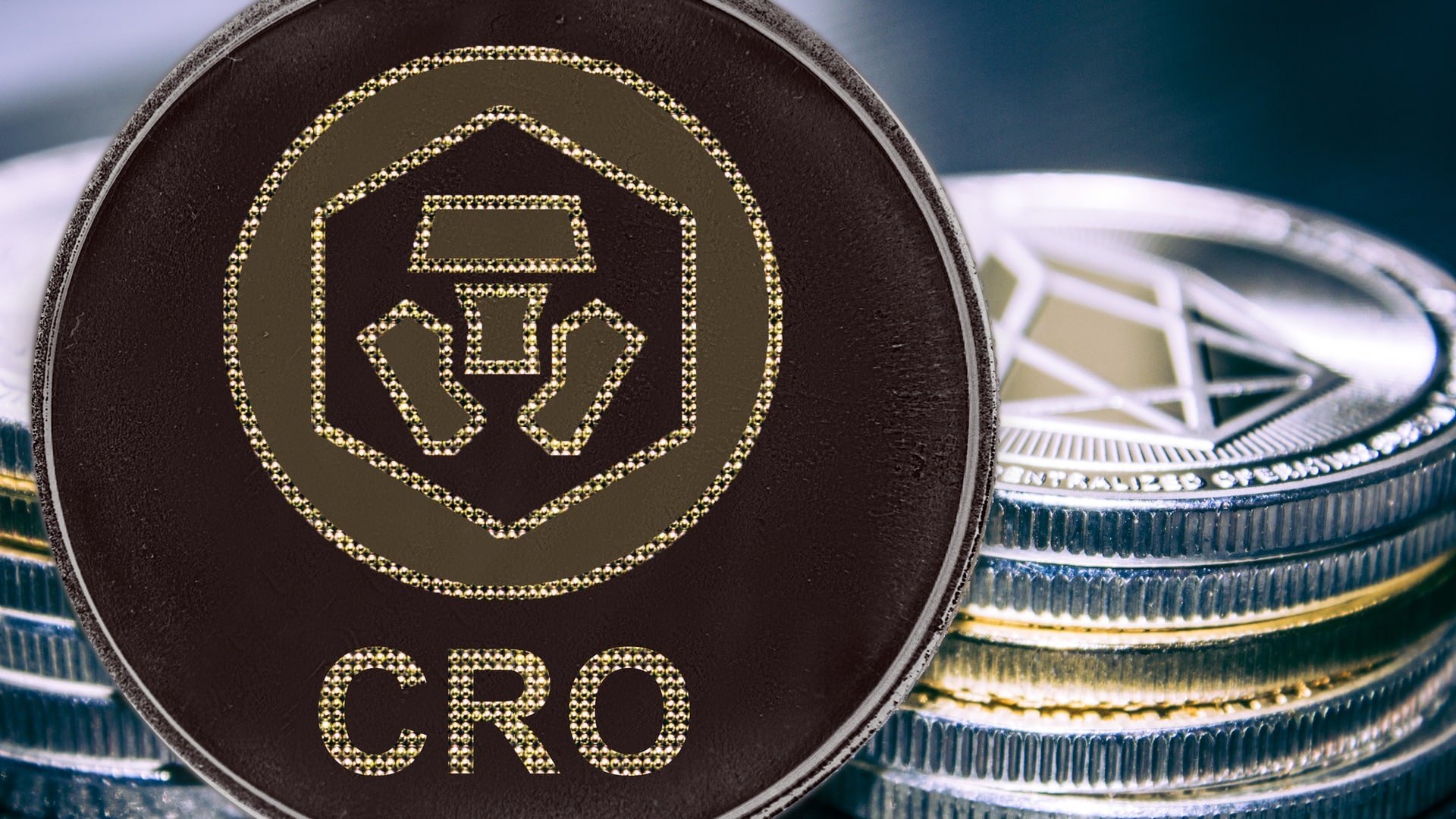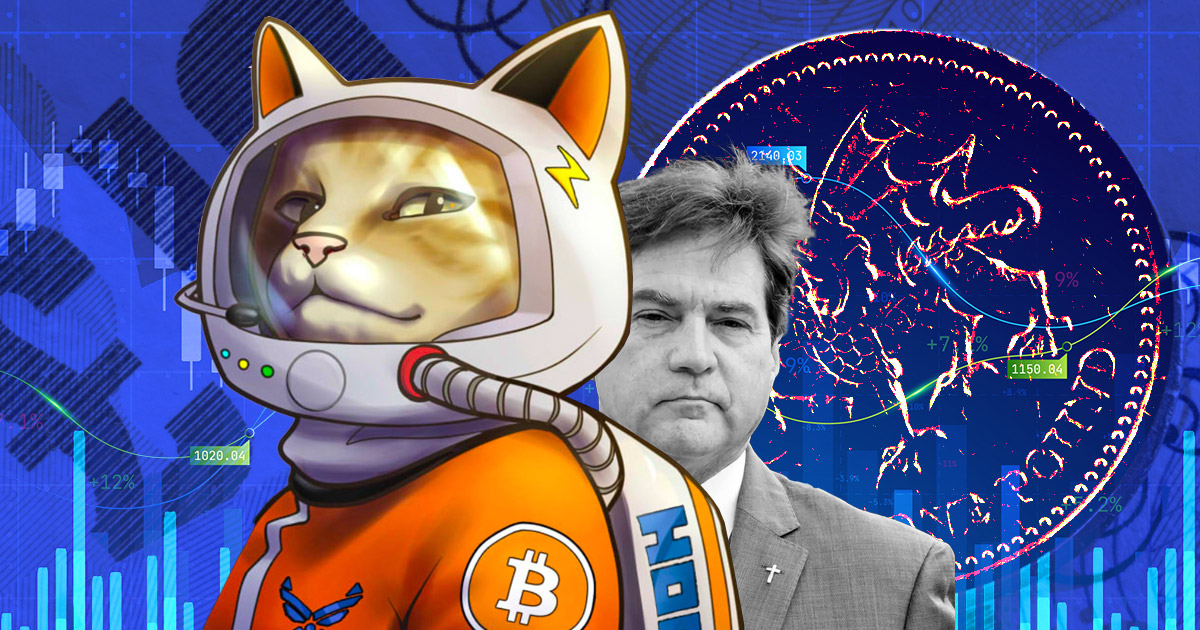
If there’s one thing the co-founders of Binance have learned, it is how to ride the highs and lows of the crypto sector. Since its inception in 2017, Binance has had more than its share of rough days. While most result from poor compliance with licensure, the dark web has found a home in Binance.
Binance Beginnings
Changpeng Zhao, aka CZ, and co-founder Yi He started Binance in July 2017 as a Hong Kong-based trading platform. Both had previous trading structures and blockchain success.
Zhao, whose USD 96 billion worth was touted as the wealthiest person in the Crypto world, saw his wealth reduced by $77 billion when the bottom fell out of cryptocurrency earlier this year. In May, Zhao stated in an interview, “I don’t really care much about money.”
By September 2017, Binance, the most prominent global cryptocurrency exchange, was forced to leave Hong Kong. The Beijing government issued crackdowns on cryptocurrency platforms. In March 2018, Binance moved operations, including all servers, to Malta, where they were warned twice to register with the Japanese licensure board and accused of not verifying user identities. Binance then began checking all traders to ensure they were not from China’s mainland while letting existing users remove their money but no longer trade crypto.
Binance responded by relocating to Malta, which embraces fintech and crypto startups. The Maltese government denounced Binance stating they had never been authorized to do business in Malta. It then comes to light that Binance is licensed in the Cayman Islands, known for its nefarious financial dealing, only to be denounced by the Cayman licensing board, who says they are not licensed in the Cayman islands either!
When badgered about where the Binance headquarters is located, Zhao replies, “Wherever I sit is going to be the Binance office. Wherever I need somebody is going to be the Binance office.” While Binance has global service offices, they seem to have no headquarters.
Victim or Partner?
Ironically, Binance developed security tools to increase trust in cryptocurrency, such as Binance Smart Chain, which validates transactions using proof of stake by market cap. In 2019, BNB was minted on their Binance Chain as the exchange platform’s utility token and protocol currency. BNB is still in the top five most valuable coins.
A Reuters investigation has found that from 2017 to 2020, $2.35 billion in transactions were processed by Binance. This money comes from investment fraud, illegal hackers on the dark web like Lazarus (North Korea), and illegal drug money from Hydra (a Russian dealer on the dark web). A reported $770 million of this money traveled through Binance in one year (2019), the most processed by a crypto exchange. Reuters had two experts in the industry validate their calculations. All this has resulted in banks banning their users from remitting funds to Binance, predominantly Asian banks. The UK and US are investigating Binance for tax offenses and laundering money.
The Numbers are Impressive
Despite all the controversy, Binance was the number one crypto platform six months after opening. In 2017, $59 billion in crypto exchange volume passed through Binance. Binance saw $1071 billion in 2020 with $20 billion in revenue. Their most significant trading volume was a 24-hour peak in 2021 of $76 billion, double their best peak of 2020.
As of last month, 180 countries still have access to Binance, which can process 1.4 million orders in one second! They tender approximately five hundred cryptocurrencies in seventeen languages as a global-friendly platform.
As of September this year, approximately 30 million crypto enthusiasts have used Binance, giving it a market value of $300 billion in the first quarter of this year.
Securing BNB’s Future
Binance recently established a Global Advisory Board to address social, political, and regulatory issues hindering worldwide crypto legislation. Max Baucus, a former Montana senator and US Ambassador to China, leads the eleven-member board.
BNB Chain recently initiated a decentralized autonomous organization nicknamed Avenger DAO to help users avoid being exploited or scammed. Its purpose is to attach an extra layer of security to its blockchain.
In March this year, Dubai established a Virtual Asset Regulatory Authority for Crypto asset services. Binance quickly secured a license in Bahrain, aligning themselves for Middle East expansion.
Despite claiming the opposite, Binance is no stranger to dirty money. The blockchain’s future is as obscure as the location of its headquarters!











